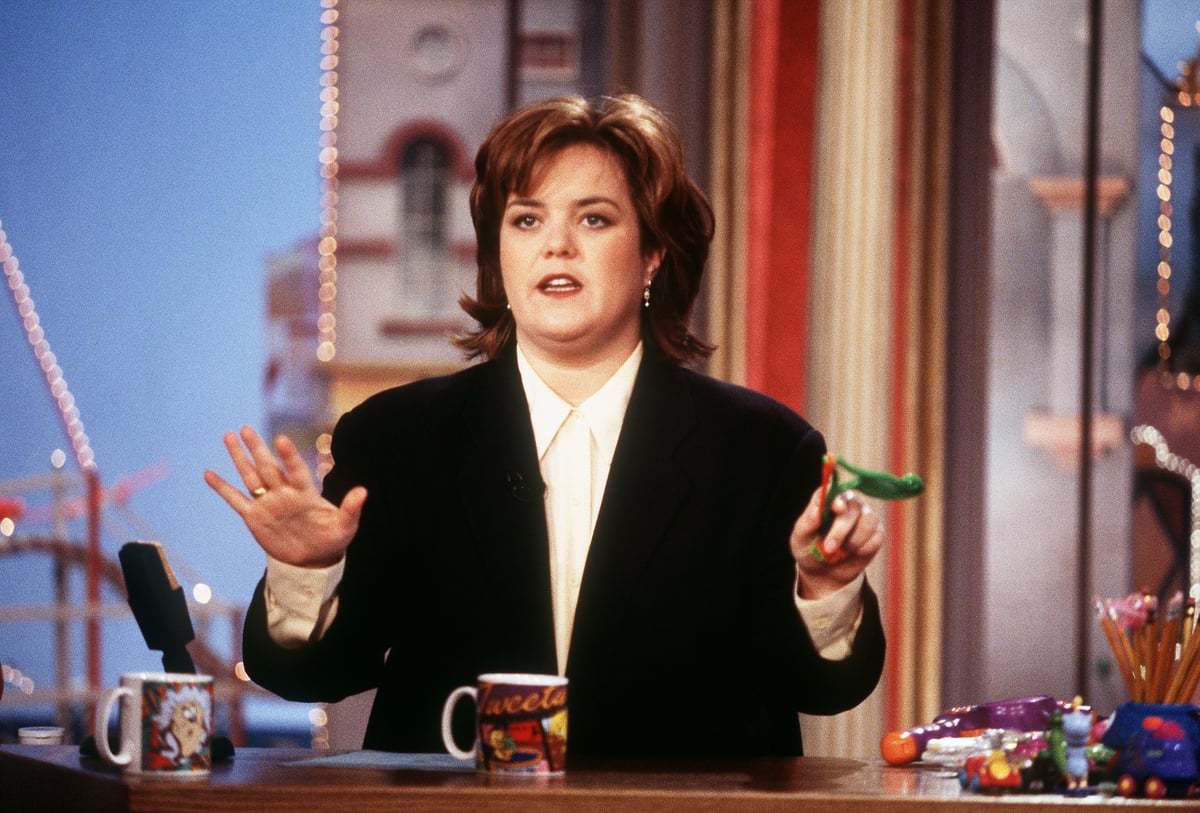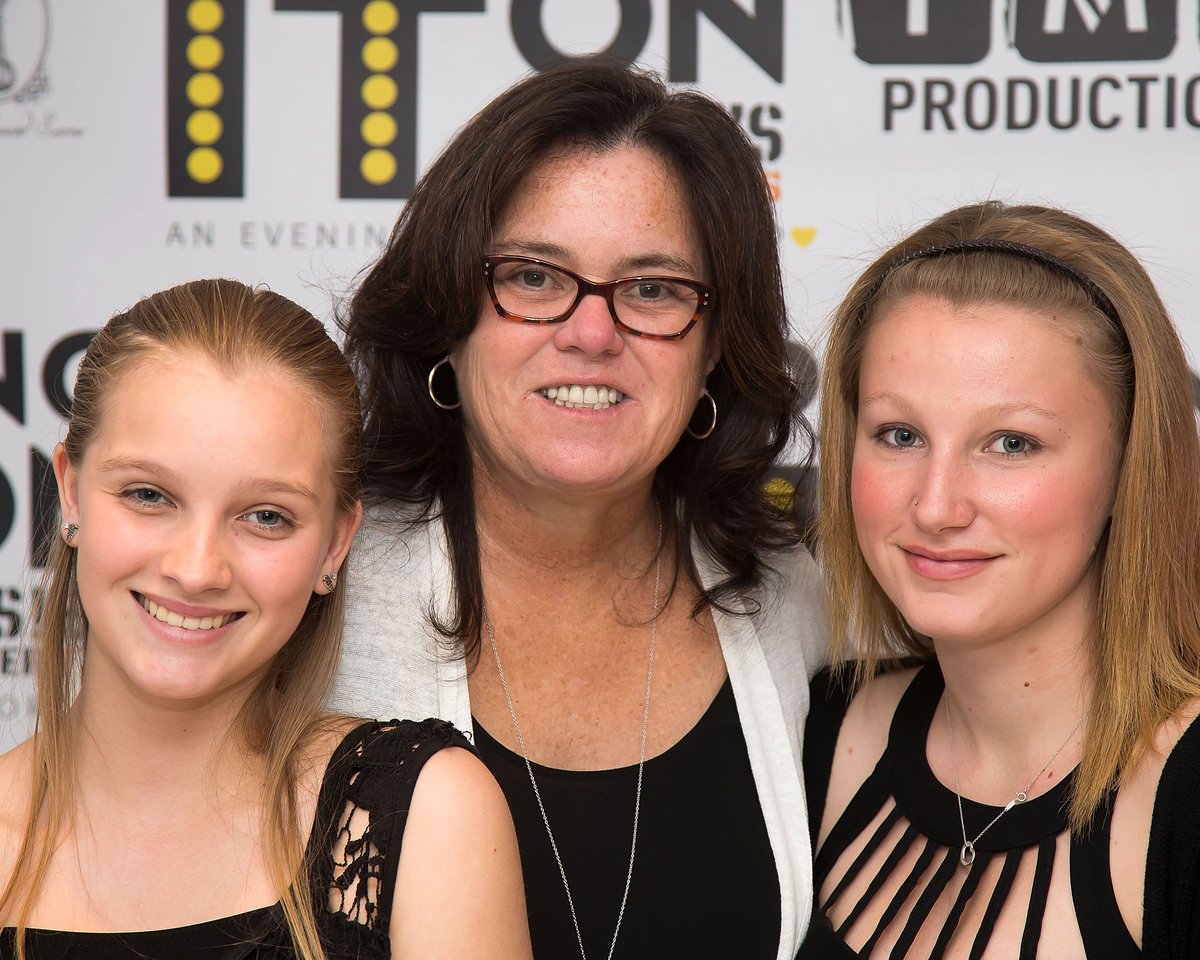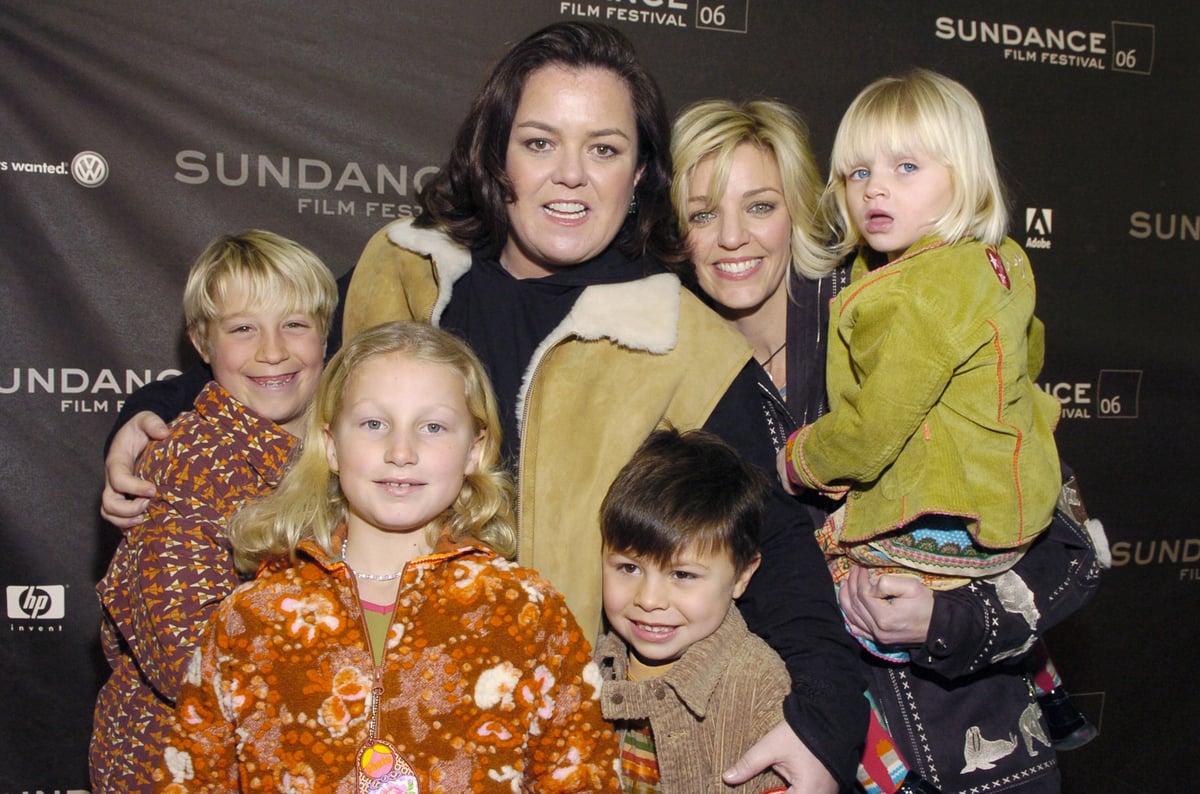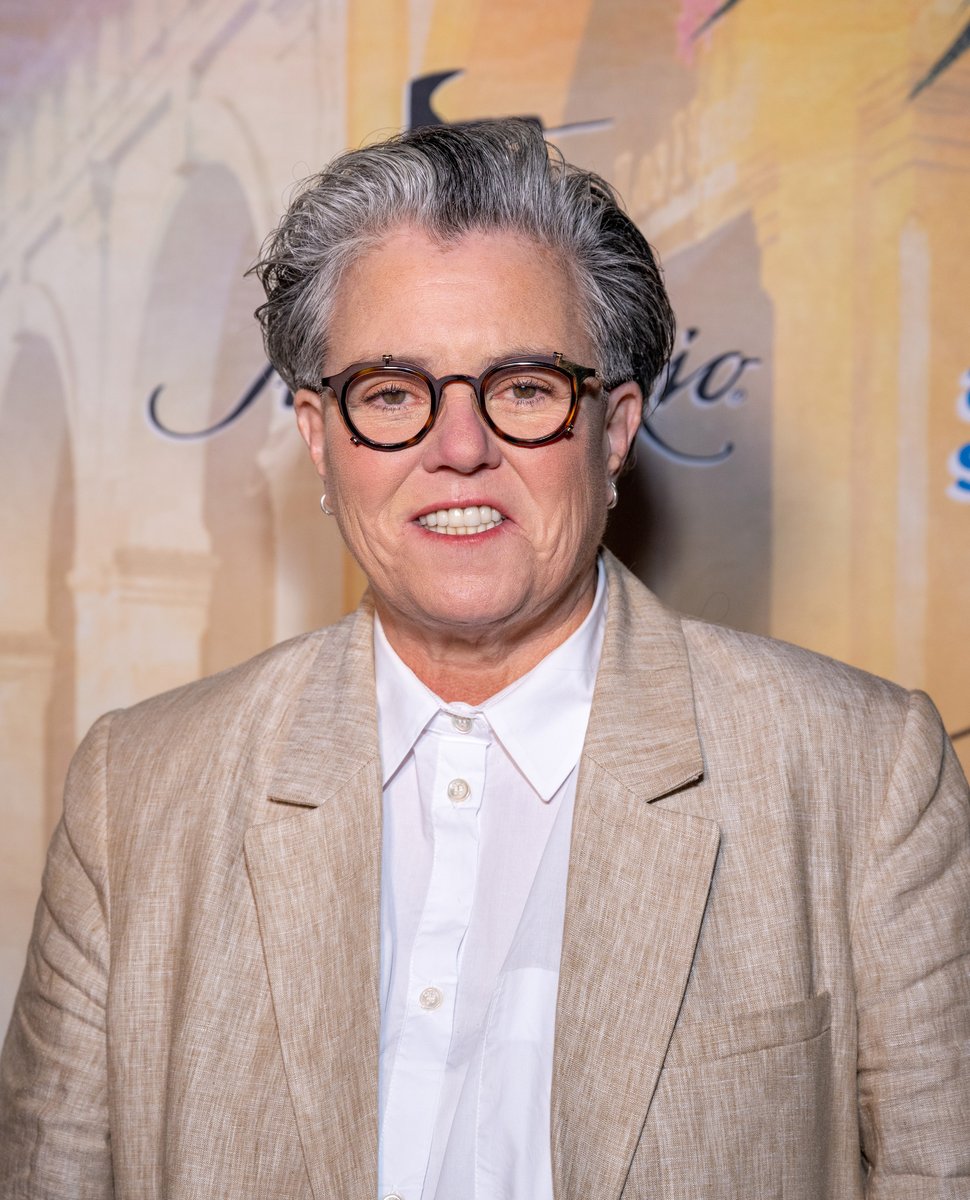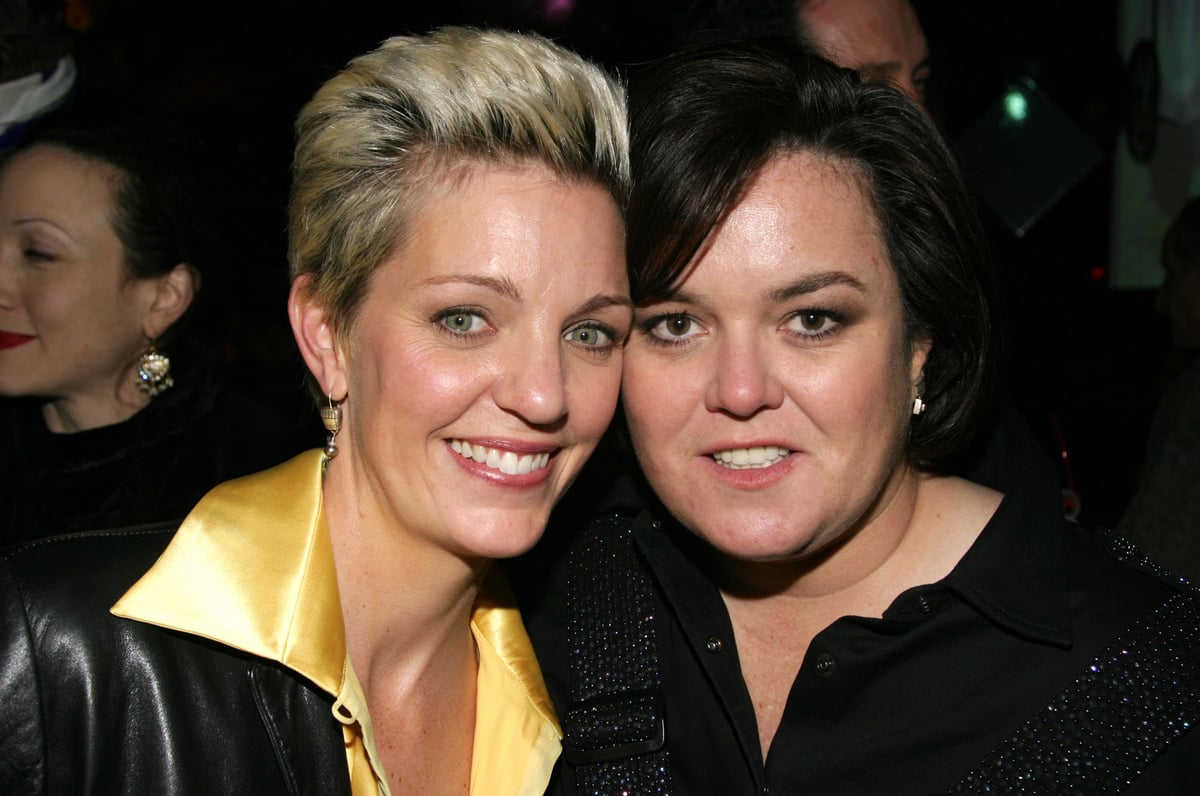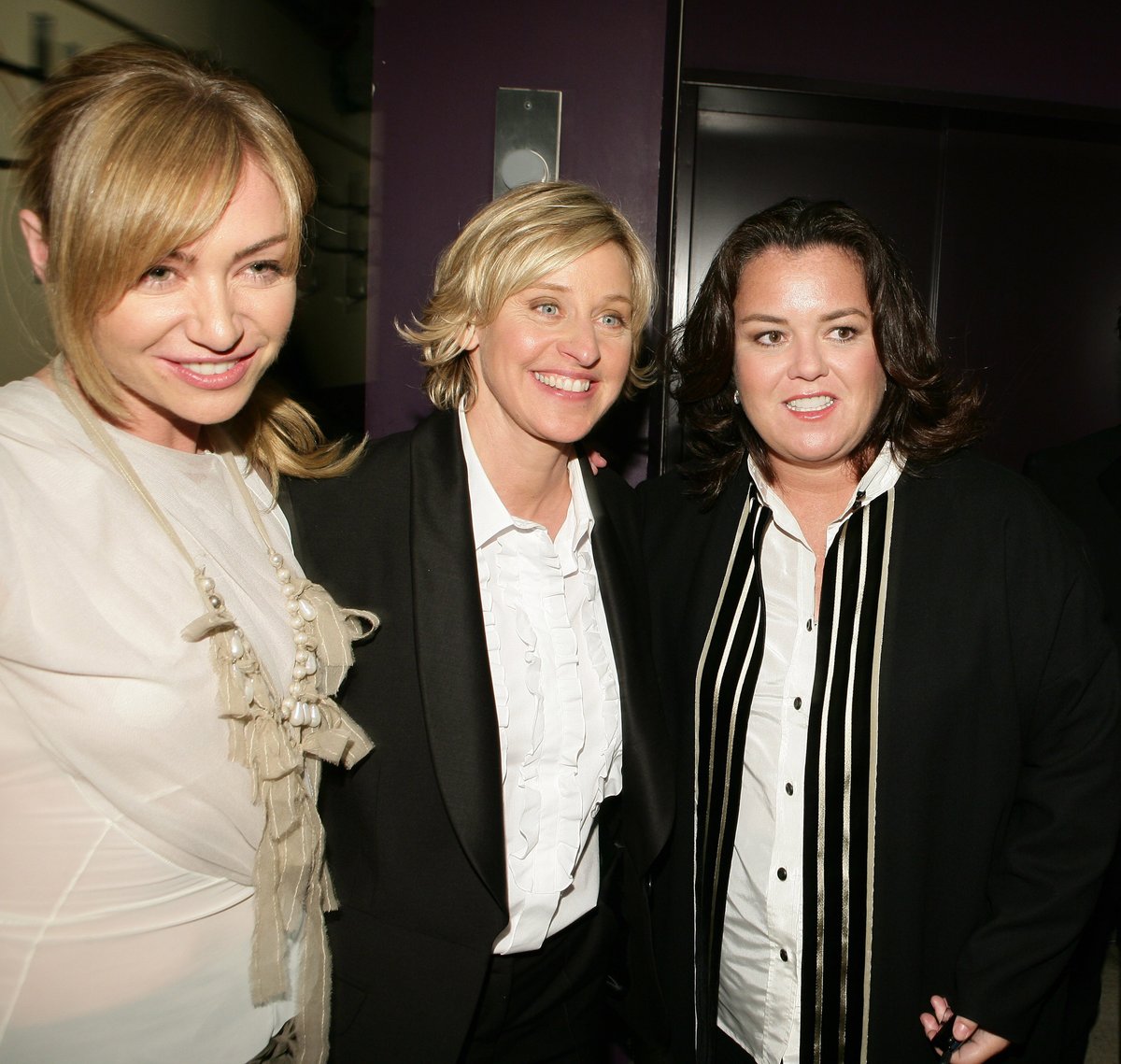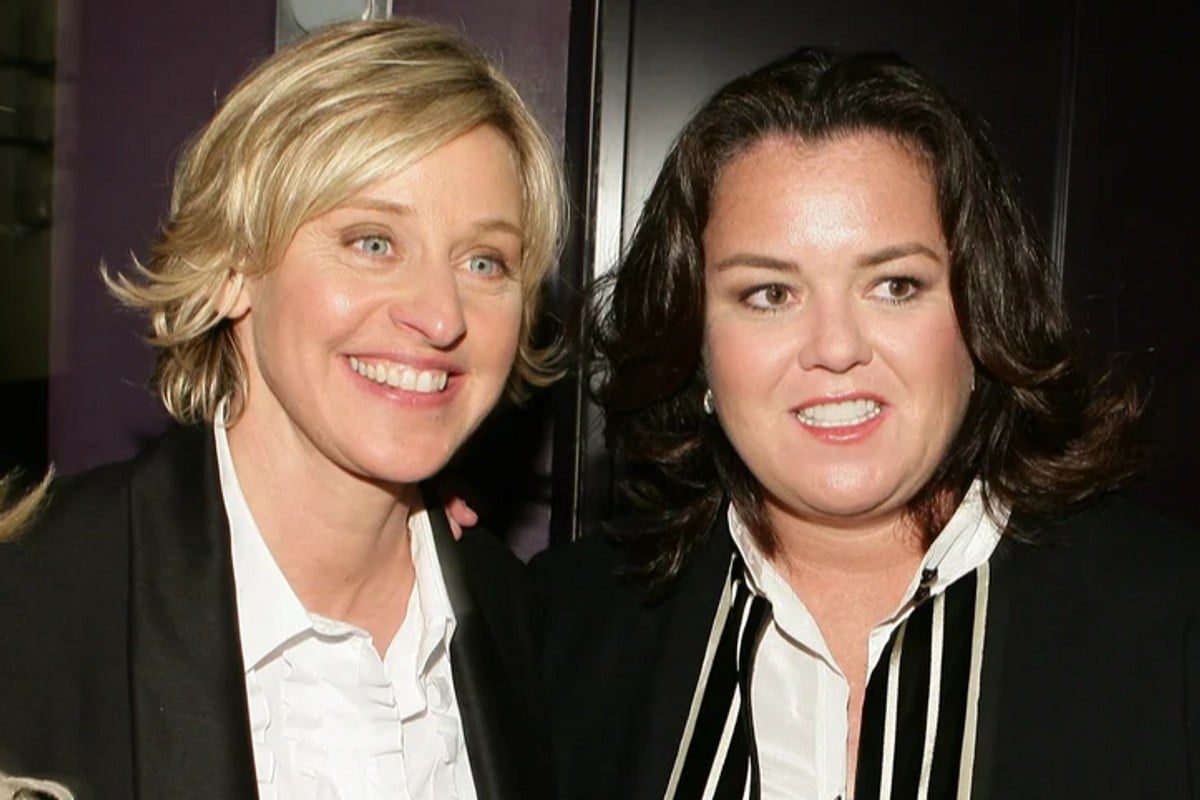
Between a childhood marred by tragedy and a groundbreaking career, Rosie O'Donnell has lived a life in the public eye that few could imagine — and she's never shied away from speaking about it.
Her life was irrevocably changed on St Patrick's Day when she was 10 years old. Her mother, Roseanne O'Donnell, died of breast cancer. Four days later, she turned 11.
What should have been a day of celebration was instead clouded by grief.
"Here I was grieving my mother and being given presents," O'Donnell told Mamamia's No Filter. "And it just felt so wrong."
Listen to Rosie O'Donnell's chat on Mamamia's No Filter. Post continues below.
As an adult, O'Donnell's image of her mother is frozen in those idealised childhood memories.
"I don't know her as a woman," she said. "I never got to see her age. I never got to see her go through menopause… become a grandparent."
She clings to those fragments because it's all she has.
"When she died, we never mentioned her again; her name was never spoken," O'Donnell said.
"Nobody said the word mummy in the house."
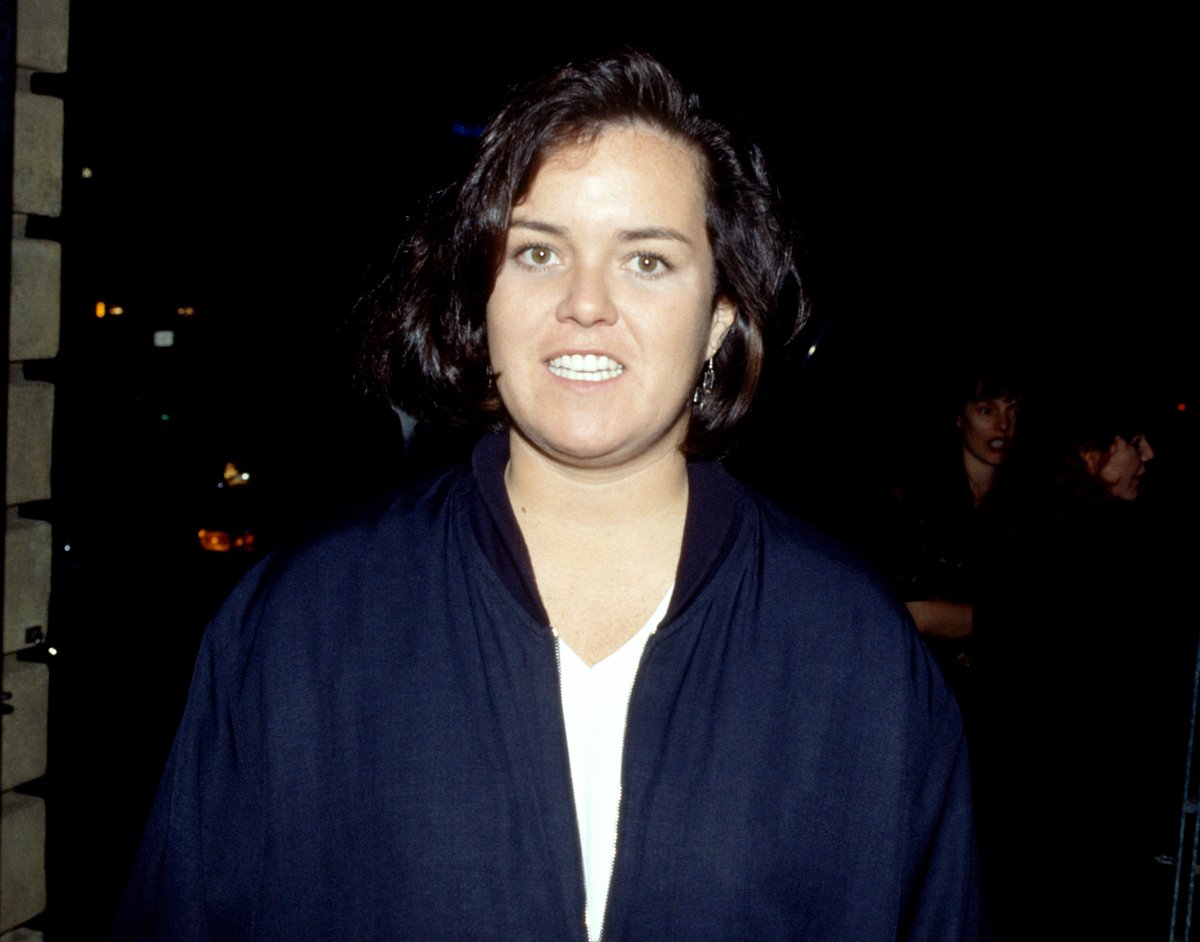 Rosie O'Donnell circa 1990. Image: Getty.
Rosie O'Donnell circa 1990. Image: Getty.


